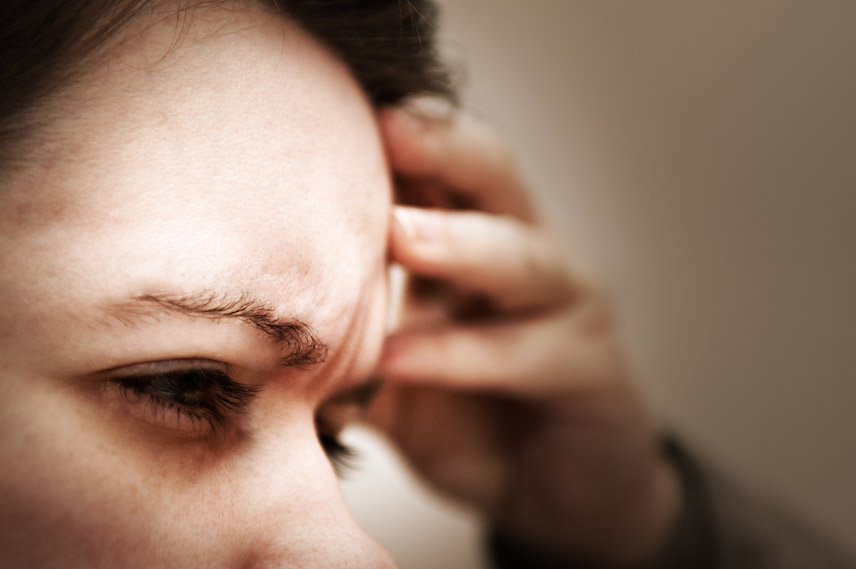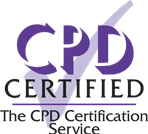
eTNS is a pioneering new service exclusively offered from The London Psychiatry Centre. This ground-breaking new treatment for epilepsy offers epilepsy sufferers from age 9 a leading-edge drug-free treatment for depression. Unlike other treatments for depression such as antidepressants, rTMS and ECT – which can worsen epilepsy, eTNS is licensed in Europe and the UK to treat resistant epilepsy – in effect treating both depression and epilepsy.
Depression treatment with eTNS is:
- Safe for patients with Epilepsy
- Effective
- Non-invasive
- Pain free
- Without side effects
If you are an epilepsy sufferer experiencing depressive symptoms, you’ll know just how difficult life can be. Not only are you likely to be taking medication to treat your epilepsy, but there are instances where antidepressant medication and other interventions may be seen to be a danger to your epileptic condition.
The incurable condition of epilepsy is challenging enough to cope with, without having to suffer symptoms of depression as well. Research has shown depression is significantly more common in people with epilepsy than in the general population. Nevertheless there is evidence that depression among epilepsy sufferers may often be underreported, or sometimes misdiagnosed. And unfortunately, if untreated depression often worsens over time.
What Is Depression?
Major depressive disorder (also commonly known as clinical depression) is a disabling condition. It is different from a mere ‘low mood’, and is more than simply a passing feeling of sadness.
Whilst in some cases the onset of depression may be due to a difficult situation or life event, once depression has actually taken hold, it becomes a more generalised condition. Put another way, a person suffering with depression doesn’t need to have had a ‘bad day’ in order to feel down.
Major depression can affect every area of life, from your capacity for work and concentration, to maintaining relationships and socialising. If that wasn’t bad enough, depressive disorder has repeatedly been associated with higher risks of stroke and heart attack. Quite simply, it affects your all-round productivity and quality of life.
Do I have Depression?
Depression is a complicated condition, and the experience of any two sufferers will never be exactly alike. That said, there are some general indicators that specialists have identified as commonly occurring – for example a persistently low mood, fatigue, decreased interest in life and difficulty concentrating.
You may or may not already have been diagnosed with depression. If you are in any doubt as to whether you are suffering from it, take our ‘Am I Depressed’ questionnaire to see how your experience fits into the commonly identified symptoms. While you are unlikely to have suffered all of the symptoms that appear, the checklist does offer a general sense of the kinds of difficulties sufferers of depression encounter.
When other treatments for Depression don’t work or aren’t suitable
The two most common treatments for depression – talking therapies and antidepressant medications – unfortunately do not always work. In fact treatment-resistant depression is a frequently occurring problem. Studies have demonstrated that as many as two thirds of depression sufferers continue to experience unpleasant symptoms in spite of taking antidepressants and/or receiving psychotherapy.
For other people, the side effects that can result from taking antidepressant medication – lowered libido, sleep problems, weight gain and fatigue – can be so unpleasant that continuing with the medication may not seem worth it.
If you suffer with epilepsy, the question of how to treat your depression is further complicated because antidepressants can carry risks of aggravating epilepsy. And otherwise effective interventions for treatment-resistant depression such as repetitive Transcranial Magnetic Stimulation (rTMS) and ECT are unsafe for people with epilepsy. Cranial nerve stimulation is used as an intervention for depression, but until recently it required an invasive surgical procedure.
Now things are changing. The London Psychiatry Centre is able to provide patients with external Trigeminal Nerve Stimulation (eTNS); an advanced, evidence-based treatment to beat major depression. We are the only UK clinic able to offer the treatment, working closely with UCLA medical school, California, USA.
What is eTNS?
External Trigeminal Nerve Stimulation (eTNS) is a highly sophisticated, non-invasive treatment for major depression that is suitable for people with epilepsy. Through a special device placed on a patient’s head, eTNS uses gentle electrical signals to stimulate parts of the brain’s trigeminal nerve, combating depression through stimulation.
Here at The London Psychiatry Centre we use the Monarch System for eTNS, a device approved in the European Union and Canada for treatment in patients with Epilepsy and depression.
How does eTNS work?
eTNS works through stimulating your brain’s trigeminal nerve through electrical pulses. Research has shown regular stimulation of the trigeminal nerve in this way can help to alleviate depression. This is similar to stimulation of the vagus nerve which is conducted in a few centres in the UK, such as the Advanced Intervention Service, University of Dundee. Vagus Nerve Stimulation (VNS) however is an invasive and expensive surgical procedure with complications unlike eTNS.
A small electric patch will be placed on your forehead just over your eyebrows. This patch is connected by lead wires to a compact hand-held machine that can be carried in your pocket, fixed to your belt or put next to your bed. Gentle electrical signals then stimulate your trigeminal nerve.
The device is lent to you to be taken home and used at times that are convenient to you, or alternatively at night during sleep. Most patients opt to have their stimulation therapy at night as they sleep. When the device is on, you will probably experience a slight tingling feeling – but this should not interfere with day-to-day activities or sleep.
How safe and effective is eTNS?
Developed and tested by doctors at the University of California in Los Angeles (UCLA), eTNS has been documented in numerous peer-reviewed journals. Clinical trials have demonstrated eTNS to be an effective and safe treatment for depression in patients with epilepsy. For example a key study showed an average 58% reduction of depression symptoms in patients within an 8 week treatment period.
Here at The London Psychiatry Centre, we go to great lengths to ensure the suitability of all our patients for treatment. We will thoroughly assess you and your medical history before deciding whether you are a good candidate for eTNS.
Am I likely to be a good candidate for eTNS?
Patients who come for eTNS at The London Psychiatry Centre suffer with both epilepsy and depression. They are generally people who have found that antidepressant medication has either been unsuccessful, is disagreeable in some way because of the side effects, or considered unsafe because of the status of their epilepsy.
As one of the most highly-respected private psychiatry centres in the UK, here at The London Psychiatry Centre we take great care to establish a patient’s suitability for treatment. When you come to us you will be given a thorough, in-depth consultation and assessment which includes a rigorous analysis of your symptoms and medical history. Once we have an understanding of you as a patient, we will then be able to tell you whether eTNS is suitable for you. Rest assured, you’re in good hands.
How long will eTNS treatment take and how much will it cost?
After your initial consultation and assessment with our Head of the Resistant Mood Disorders Unit and eminent psychiatrist Dr Andy Zamar, you will be prescribed the eTNS device to take home for treatment. Your condition will be reviewed on a weekly basis or less frequently if you are not very ill. You should expect to see noticeable results within just 8 weeks.
The London Psychiatry Centre is collaborating with Dr Fergus Rugg-Gunn, from The London Epilepsy Clinics, to deliver the best level of care for our patients. If you are suffering with depression alongside epilepsy, you don’t have to simply soldier on. Epilepsy can be challenging enough without having to endure a persistent low mood.
Help is at hand and there is a way to feel better.
To find out more about eTNS, or book an appointment with our specialist Dr Andy Zamar, give us a call on 020 7580 4224 today.


